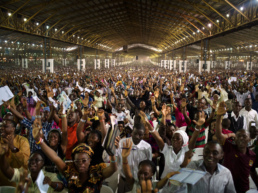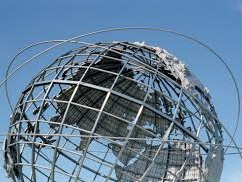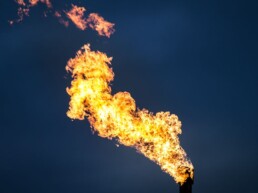February 7, 2021
To what extent does economic dependence inform the anachronistic practice of female genital circumcision in Africa?
Female genital circumcision is a procedure that requires the excision of some tissues that form the female genitalia. It is an old tradition that exists predominantly in Africa, and has, of late, become a very contentious and controversial issue in the international community. There are various…
December 30, 2020
The role of religion in African development
The last 60 years have witnessed the accession to sovereign status of dozens of former colonial territories and the birth of the modern development enterprise, but also a rapid secularisation of Western European societies especially. Yet, at the start of a new century, religion seems set to be a…
December 23, 2020
Globalization and International Civil Society: Are Human Rights still the Exclusive Preserve of States?
The defeat of Germany in the Second World War, and the subsequent birth of the United Nations in 1945 ushered in the modern human rights regime. Prior to this post-war era, human rights was not a salient feature in the parlance of international law, and for good reason; nation-states were guided by…
December 9, 2020
The Ills of Absolute Corruption: Equatorial Guinea Deserves Better
Fleet of luxury cars including Ferraris and Lamborghinis worth more than $20m are sold at auction after Swiss authorities seized them from son of Equatorial Guinea's president in money-laundering probe. • Auction house in Switzerland sells off 25 luxury sports cars including rare Lamborghini Veneno…
December 1, 2020
Why Norway is not panicking about the oil price collapse
Norway’s petroleum sector is its most important industry. The petroleum sector accounts for 21.5% of its GDP, and almost half (48.9%) of total exports. In 2013 Norway was ranked the 15th-largest oil producer, and the 11th-largest oil exporter in the world. It is also the biggest oil producer in…
November 30, 2020
Nigerian Youths Have Spoken, Is The Government Listening? It Should.
Unprecedented protests against police brutality have spun into deadly clashes in several major Nigerian cities. There is no accurate toll yet, but as of 23 October, the government had reported 69 people killed, including civilians, police officers and soldiers, some murdered in the most gruesome…








